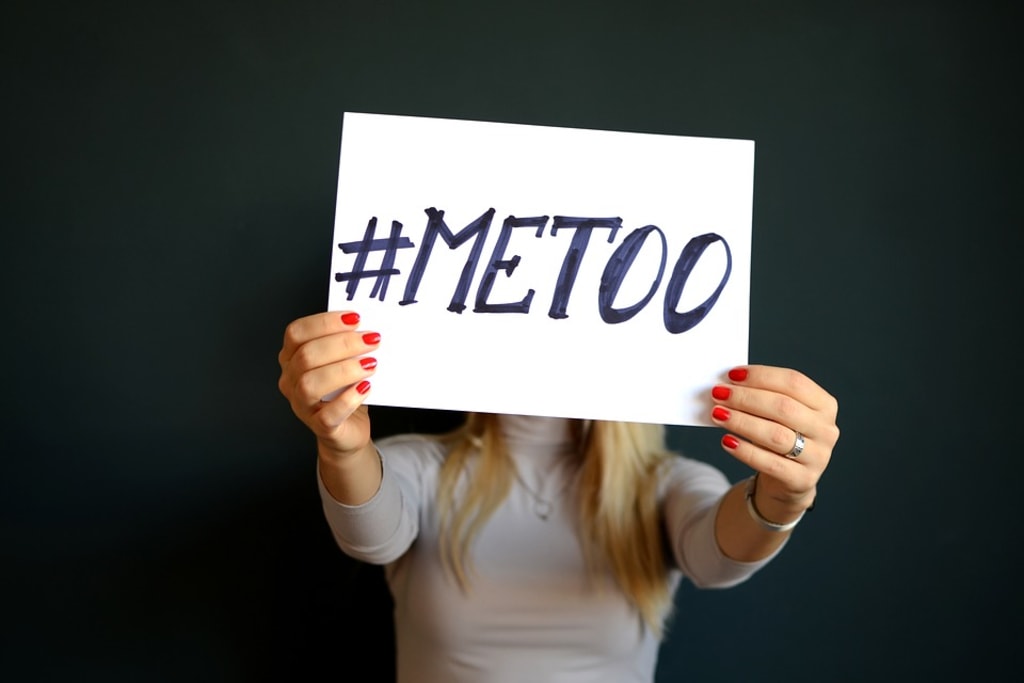
As we reach the end of 2018, everyone should be familiar with the #metoo movement. Although many believe that the movement is based in showbusiness against people like Harvey Weinstein, it has also deeply rooted itself into politics. From former Senator Al Franken even all the way up the President himself, #metoo has put many males in positions of power under fire. For good reason too. Many men have taken advantage of their power, and our government is no different.
How Bad is the Problem?
According to this report, sexual harassment is rampant in Congress. So much so that over 1,300 former congressional staffers wrote to leaders on Capitol Hill to address sexual harassment. This should not come as a surprise considering the lack of diversity. According to data on the 115th Congress, 74% of the Senate are heterosexual, white males, and only 19% of the House of Representatives are women.
Now this is not to say that all men are guilty of harassment, or that men cannot be victims themselves. But the statistics on sexual harassment are painstakingly clear when it comes to what women experience. 81% of women face sexual harassment as opposed to only 43% of men and 90% of victims of rape are female. Now this isn’t some sort of twisted competition to see who is hurt more often; the point is that many men prey on women and combined with the power of political office, this problem is only exacerbated.
The Senate Bill
With pressure from the #metoo movement, a few months ago, the Senate made a step forward in combating what we already knew was a reality. In a rare bipartisan effort, the Senate passed a version of a bill that would change the way sexual harassment claims are dealt with on Capitol Hill. The new bill:
Ends the 90-day waiting period, which included counseling and mandatory arbitration, that prevented accusers from seeking a hearing or civil action immediately after an incident.
Requires members of Congress to reimburse the government for money that was used towards settling their harassment claims and makes them pay out of pocket moving forward. $342k of taxpayer money was paid out to settle claims from 2008-2012 and a Washington Post investigation found at least another $174,000 over the past five years.
Requires Congress to publish the names of lawmakers that had to settle claims and the settlement amounts.
Updated and strengthen protections offered by the 1995 Congressional Accountability Act for unpaid staff such as interns or fellows.
The House Bill
The House passed its own version of the Bill months ago. But differences with Senate version must be reconciled before it can be sent to the President for signing, which is ironic give his embroilment in his own series of harassment allegations. Even though there are similarities between the two bills, House lawmakers believe their version of the bill is even more strict. It provides language that requires lawmakers to pay out-of-pocket for settlements that result from discrimination and harassment, while also adding a provision that allows an accuser to obtain employer provided legal counsel.
Moving Nowhere
However, months after both the House and Senate passed their own versions, they have still not been able to reconcile the two pieces of legislation. According to the sexual harassment lawyers at Rukin Hyland Riggin LLP in San Francisco, the key provision holding up the legislation apparently comes from the House version which makes lawmakers personally liable for harassment or discrimination, which gives real teeth to the legislation.
It is disappointing to see that the leaders of our country cannot deal with this issue in their own ranks. And without #metoo pushing this issue into the spotlight, there is no evidence that they would have ever done anything to fix anything in the first place. If real change is to occur, then it must start at our highest levels of government. And if it can’t start there, then what does it say about our direction of our country?
About the Creator
Rob T
Rob graduated from UC San Diego with a degree in Political Science and a minor in History. When not blogging, he enjoys playing volleyball and being outdoors.






Comments
There are no comments for this story
Be the first to respond and start the conversation.